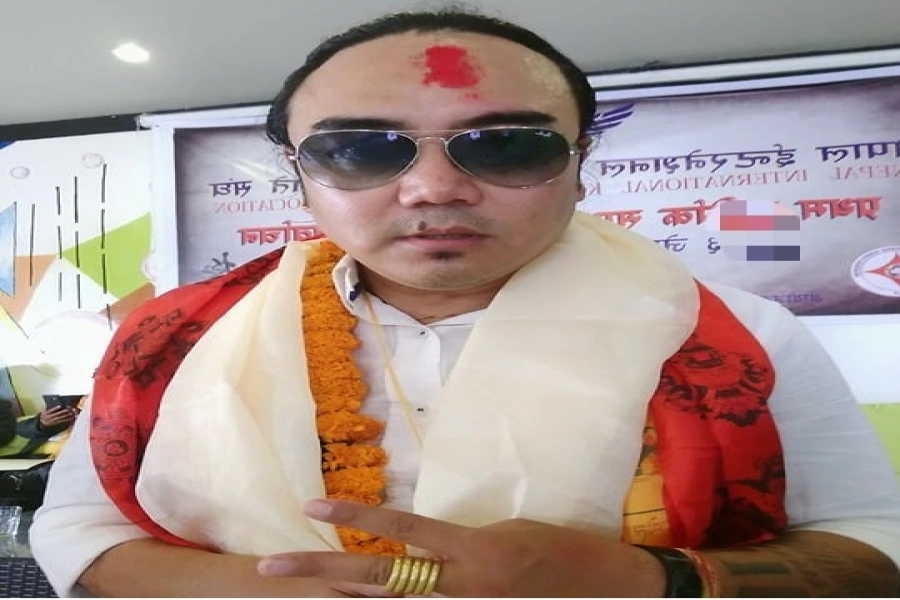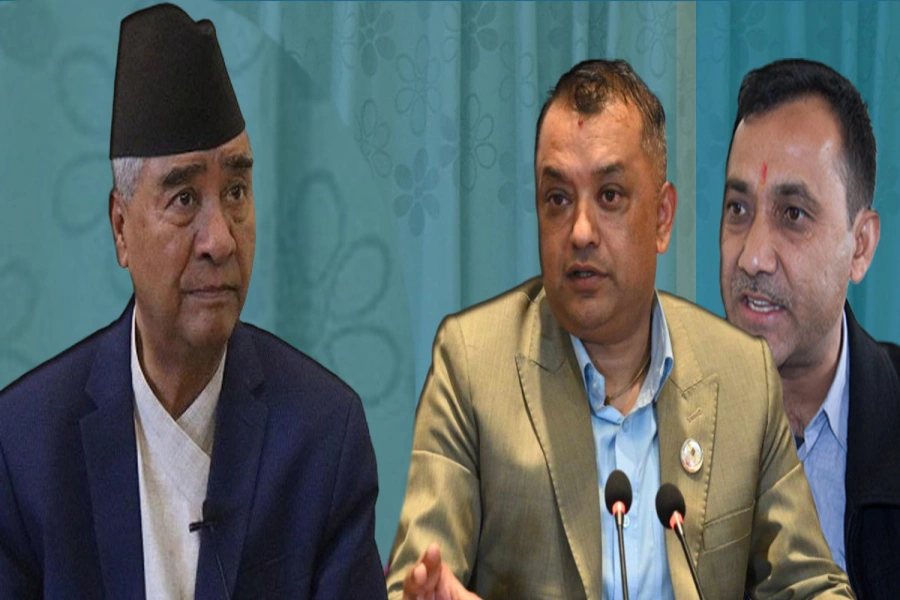The stand-off between the two surfaced after the parliamentary committee on International Relations and Human Rights included the provision in the newly-developed ´Concept Paper on Nepal´s Foreign Policy in Changed Context´ despite strong reservation from the MoFA. [break]
The policy concept paper finalized after consultations with various stakeholders over the past six months was unanimously endorsed by the parliamentary committee last week.
“Since the scope of foreign ministry has greatly expanded in recent days we have proposed that there should be a provision of inter-ministerial service change and transfers of deserving candidates who fulfill due procedures,” said the Committee Chairman Padam Lal Bishwakarma.
He argued that government officials serving for a long period in other ministries can perform a lot better in their areas of expertise as the functions of foreign ministry has greatly expanded ranging from economic diplomacy to negotiations on trade, tourism, commerce, industries, environment and international laws in the changed context of diplomacy as a whole.
The parliamentary committee has maintained that the Foreign Ministry´s contention that the provision of ´inter-ministerial service change and transfers´ in Foreign Service would adversely affect country´s overall diplomacy is ´unconvincing´.
“Why can´t a secretary or joint secretary serving at Prime Minister´s Office, for instance, become an ambassador? After all, such officials also deal with a number of issues related to foreign affairs in course of their work,” reasoned Biswakarma.
For the past several years, the diplomatic service was under the purview of Nepal Administration Service in Civil Service Act. It was only in 2006 that a separate Foreign Service was created to develop diplomatic service as more professional and specialized branch of civil service.
In its written suggestions to the parliamentary committee, the foreign ministry had argued earlier that such a provision would not only undermine professionalism and specialization in diplomatic service but also seriously affect overall diplomacy of the country.
The ministry maintained that since the existing legal provisions have already kept doors open for ´deserving candidates´ to be a part of Foreign Service through open competition conducted by Public Service Commission, such a provision would only invite unnecessary political interferences and promote nepotism and favoritism.
Sources said foreign ministry officials are preparing to put forth their concerns over the new provision of inter-ministerial service change and transfer before Deputy Prime Minister and Foreign Minister Narayan Kaji Shrestha.
The new policy concept paper has proposed appointing 50 percent ambassadors from among civil servants, including those serving under ministries other than foreign ministry, and the remaining 50 percent from among experts and cadres of political parties.
Foreign ministry officials have expressed deep dissatisfaction over the proposed 50 percent quota that seeks to include government officials from other branches of civil service arguing that it would result in bleak prospects for career diplomats.
Lawmakers at loggerheads over elderly people’s right to bequeat...





































